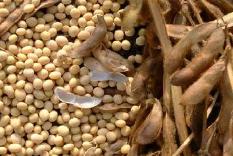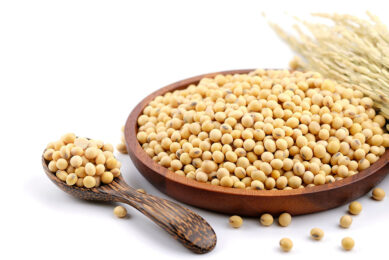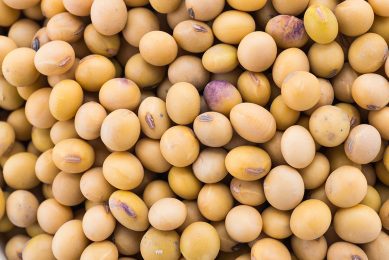CAST: focus on sustainability in US soybeans

The newest special publication from the Council for Agricultural Science and Technology (CAST) deals with sustainability of US soybean production.
The special publication, the 30th, called ‘Sustainability of US Soybean Production: Conventional, Transgenic, and Organic Systems‘ defines sustainable agriculture and evaluates its implications in the production of US soybeans.
Soybean production has changed in the United States since its first introduction in the mid-1880s. Initially, the crop was produced mainly for forage and received only minimal inputs. Today, soybeans have become a major source of protein in animal diets and vegetable oils for human consumption. In 2002, 68% of the 75.4 million US soybean acres were planted to transgenic varieties compared with 92% of the 75.7 million soybean acres planted in 2008.
Comprehensive literature review
With this dramatic change in mind, the United Soybean Board (USB) requested that CAST provide a comprehensive literature review that would evaluate US soybean production systems currently in use with respect to their environmental and economic sustainability. This new CAST special publication documents the ecological and economic implications of US soybean production in conventional, transgenic (biotech), and organic production systems.
"Development of technology that supports soybean production in the United States has been and continues to be robust in both the genetics and production/management areas," says project manager Dr Larry Heatherly, agronomic adviser, Seymour, TN. "Development of new technology that will be needed to address anticipated future soybean production issues depends on the continued vigor of this public and private research and development effort."
Sustainable agriculture
"The combined efforts of each scientist on the 12-member Task Force are reflected in the quality of this critical review," concludes CAST executive vice president/CEO Dr John M. Bonner. "CAST is pleased to contribute to the growing body of literature on sustainable agriculture."
CAST is an international consortium of 33 scientific and professional societies. It assembles, interprets, and communicates credible, science-based information regionally, nationally, and internationally to legislators, policymakers, the media, the private sector, and the public.
Related website:











